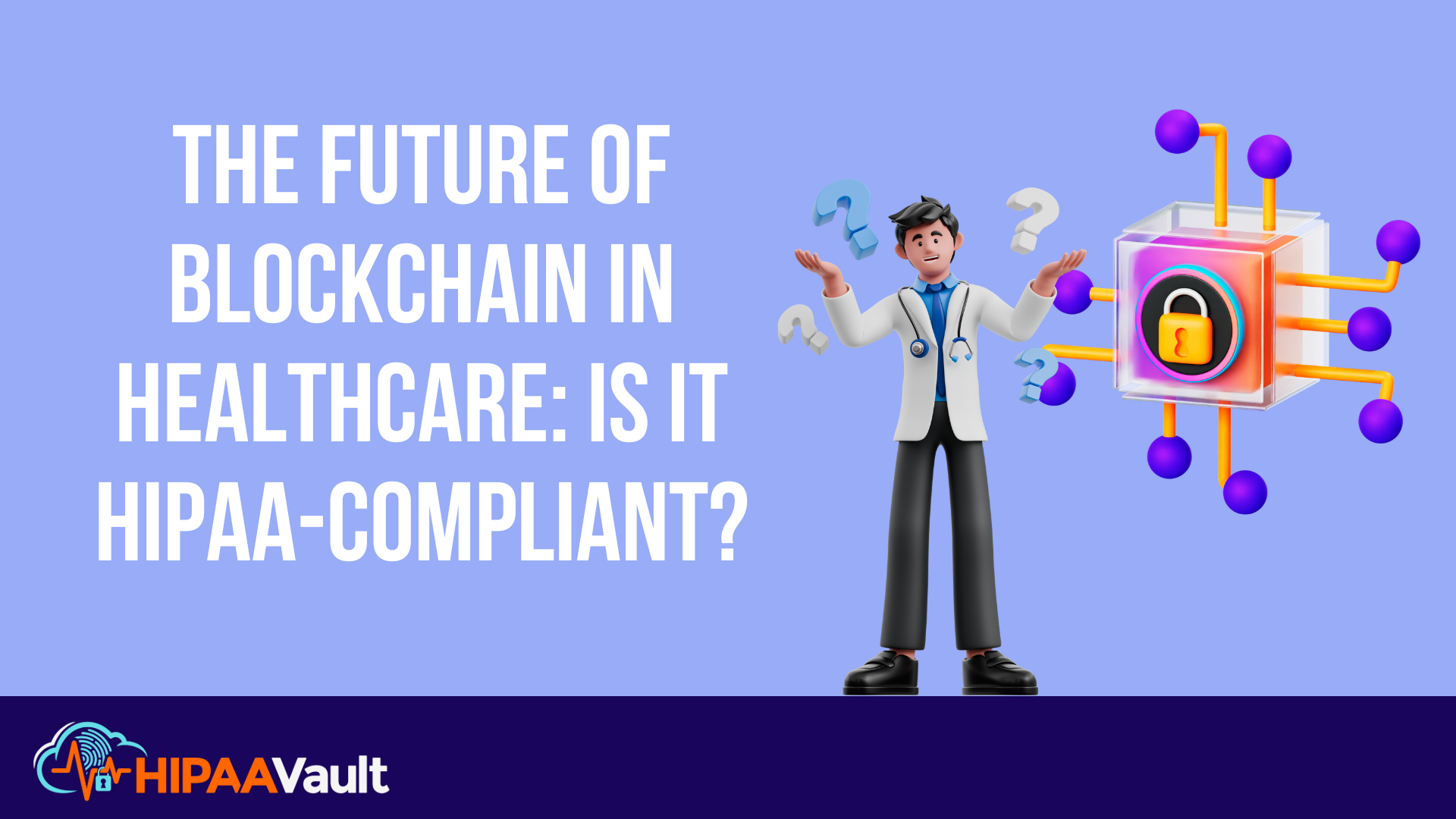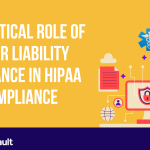
Introduction
In recent years, blockchain technology has been hailed as a revolutionary solution for enhancing data security, transparency, and efficiency in various industries, including healthcare. But as healthcare organizations explore blockchain applications for managing protected health information (PHI), one critical question arises: Is blockchain HIPAA-compliant?
With healthcare data breaches costing the industry over $10 billion annually, the need for secure, compliant solutions has never been greater. In this article, we will explore the role of blockchain in healthcare, its compliance with HIPAA regulations, and practical steps for implementation.
Understanding Blockchain Technology in Healthcare
Blockchain is a decentralized, immutable ledger that records transactions across multiple nodes. In healthcare, this technology has the potential to:
- Enhance interoperability by securely sharing patient records across providers.
- Improve data integrity by preventing unauthorized tampering of PHI.
- Reduce fraud and streamline billing and claims processing.
- Provide a transparent, auditable record of data access.
Despite these advantages, blockchain’s decentralized nature and immutability present challenges when aligning with HIPAA’s stringent security and privacy requirements.
Is Blockchain HIPAA-Compliant?
HIPAA compliance revolves around protecting PHI through administrative, technical, and physical safeguards. Blockchain technology must adhere to these requirements in the following key areas:
1. Access Control & Authentication
HIPAA requires covered entities to implement strict access controls. Blockchain’s public ledger model, where data is visible to all network participants, conflicts with HIPAA’s minimum necessary standard. However, permissioned (private) blockchains with role-based access controls can provide a viable solution.
2. Data Integrity & Immutability
Blockchain ensures data integrity through cryptographic hashing and immutability. While this aligns with HIPAA’s requirement for maintaining PHI integrity, it also poses a challenge for correcting erroneous data. Organizations must implement off-chain solutions or hybrid models that allow corrections while maintaining a secure audit trail.
3. Encryption & Secure Data Storage
HIPAA mandates encryption of PHI at rest and in transit. While blockchain transactions are cryptographically secured, storing raw PHI on-chain may pose compliance risks. Instead, storing encrypted references (hashes) of PHI and keeping actual patient data in a secure, HIPAA-compliant cloud storage solution — such as those provided by HIPAA Vault — can mitigate this risk.
4. Audit Controls & Logging
Blockchain’s inherent logging capabilities support HIPAA’s requirement for audit controls. Every transaction is time-stamped and immutable, ensuring traceability and accountability in data access.
Practical Use Cases of Blockchain in Healthcare
Blockchain offers several promising applications in healthcare, including:
- Patient Data Management: Secure, decentralized patient records can enhance care coordination while maintaining privacy.
- Clinical Trials & Research: Immutable records of trial data can enhance transparency and reduce fraud.
- Supply Chain Management: Tracking pharmaceuticals from manufacturing to delivery can prevent counterfeit drugs.
- Claims & Billing: Smart contracts can automate claims processing and reduce fraud.
Challenges & Best Practices for HIPAA-Compliant Blockchain Implementation
Challenges
- Scalability: Blockchain networks must efficiently handle large volumes of healthcare transactions.
- Regulatory Uncertainty: Evolving HIPAA and industry standards may impact blockchain’s long-term viability.
- Interoperability: Integrating blockchain with existing EHR systems remains complex.
Best Practices
- Use Permissioned Blockchains: Ensure that only authorized users can access PHI.
- Implement Hybrid Solutions: Store PHI off-chain in a HIPAA-compliant cloud while recording transaction hashes on-chain.
- Apply Encryption & Access Controls: Utilize advanced cryptographic techniques to safeguard data.
- Conduct Regular Compliance Audits: Work with HIPAA compliance experts to assess blockchain implementation.
Conclusion
Blockchain presents exciting opportunities for healthcare security and efficiency, but its implementation must be carefully structured to comply with HIPAA regulations. By leveraging permissioned blockchains, hybrid storage solutions, and robust encryption techniques, healthcare organizations can harness blockchain’s benefits while maintaining full compliance.
For expert guidance on HIPAA-compliant cloud solutions, visit HIPAA Vault — your trusted partner in secure, compliant healthcare IT solutions.





